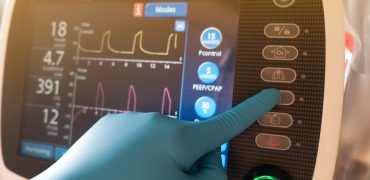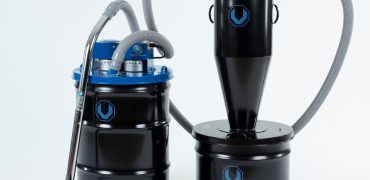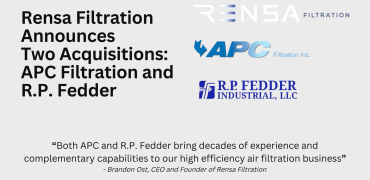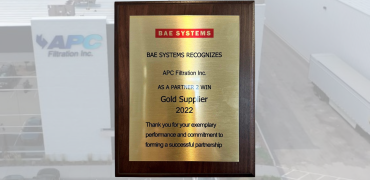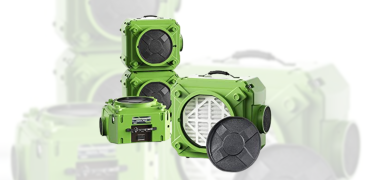Laminar flow cabinets are used in a variety of environments, particularly where a clean air environment is required for smaller items or samples. They are a key part of any laboratory and a requirement for keeping samples free of contaminants that could damage them.
Laminar flow hoods protect the working environment from dust and other airborne contaminants by maintaining a consistent, constant, unidirectional flow of filtered air over the work area. The flow can either be horizontal or vertical, depending on the lab’s needs.
There are three classes of laminar flow hood: Class I, II, and III. Each of these are suitable for working with different types of material as each has its own level of protection. Class I is suitable for laboratory personnel with similar air flow characteristics to chemical fume hoods. Class II are designed for work involving BSL-1, 2, and 3 material and provide an aseptic environment for cell culture experiments. Class III biosafety cabinets provide the highest attainable level of protection to personnel and the environment and are suitable for human pathogens and BSL-4 materials.
What is the Role of a HEPA Filter in Laminar Air Flow?
In laminar air flow hoods, it’s critical that there are no contaminants in the air that can affect the work being done underneath it Furthermore, it’s important that a safe and sterile environment for the area outside of the laminar hood be maintained. With a high level of efficiency and a custom size and shape to fit the specific equipment being used, a HEPA filter can remove up to 99.97% of airborne particles that are 0.3 microns in size, maintaining the required biosafety requirements of the clean environment. This also serves to keep the air inside the flow hood separate from the rest of the room.
Laminar Flow Cabinets Filtration
Laminar flow, as mentioned earlier, creates a unidirectional flow of air with one or more HEPA filters and pre-filters. This setup is designed to create a particle-free working environment and provide product protection from contamination. Air is taken through this HEPA system and exhausted across the work surface as part of the laminar process.
Because a laminar cabinet is enclosed on the sides, a constant positive air pressure can be maintained to prevent the intrusion of contaminated room air and personnel contamination. Often, laminar hoods will require custom HEPA filters to ensure they create the right pressure drop and fit the equipment perfectly to prevent leaks. A multi-stage HEPA filter system can be developed to ensure the laminar hood is filtering air particles efficiently and keeping the air clean. This is crucial in preventing cross-contamination, ensuring optimal performance, and meeting stringent laboratory standards.
Contact APC for Custom HEPA Filters for Laminar Hoods
APC Filtration designs, tests, and manufactures custom HEPA filters for laminar flow cabinet producers. We manufacture both the pre-filter and HEPA filter, and can add an antimicrobial coating if required to sterilize the air particles caught by the filters. Reach out today to discuss your laminar flow hood filter needs.
In many environments, including research, technology, and medical, there is always a risk for contamination of samples from the outside environment. Custom HEPA filters for your laminar hood will ensure these samples do not get contaminated by their environment or the operator.
For more information about APC’s air filter manufacturing and testing for laminar hoods, contact us. We can provide a quote for our air filter manufacturing for your lab and get started on your project as soon as possible!
Contact APC Filtration today.

